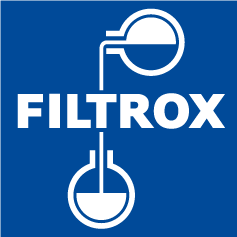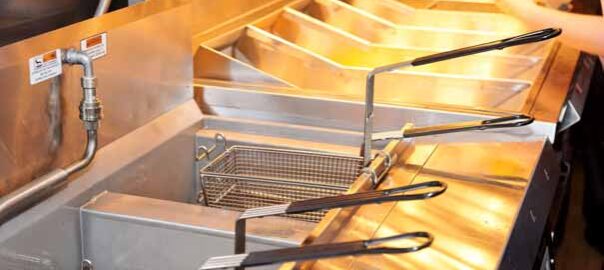From fine dining to fast food, every restaurant sets up some kind of checklist for closing. Common tasks include taking out the trash, cleaning counters and floors, checking and cleaning restrooms, cleaning ovens and cookers, and much more, with the objective being to get the restaurant clean and ready for the following day’s service.
If the restaurant in question has deep-fat fryers, it’s important that they not be neglected in the closing process. End of the day activities for fryers should include scooping out food residue, filtering and/or treating the oil in the fryer, properly cleaning the fryers and topping off the fryer with fresh oil as necessary.
The final step
When all of this is done, be sure to remember the all-important final step! Cover the fryer pot with a cover designed to fit once the fryer is turned off and cooled, of course. Two components that accelerate oil degradation are light and exposure to air. Keeping a fry pot covered will help reduce this exposure.
To avoid the risk of contamination of the cooking oil overnight, remembering to replace the cover is crucial. Do not leave the fryer uncovered. But why cover it if it is going to be heated up the next morning? Whatever falls in will be killed, right? This may not be the case for the cleaning compounds used on the floors, counters, ovens, or anywhere else during the cleaning process. Cleaning compounds contain metals such as sodium, calcium, and magnesium, and it only takes a little bit of any of these falling in during the cleaning process to ruin a fryer full of oil. The risk of contamination is also why the neutralization step previously mentioned is so important.
Follow your closing checklist to the letter! Make sure that the fryer is covered before you turn out the lights and lock the door. Proper frying techniques along with using FILTROX’s SuperSorb® pads help maximize the life of your frying oil.










